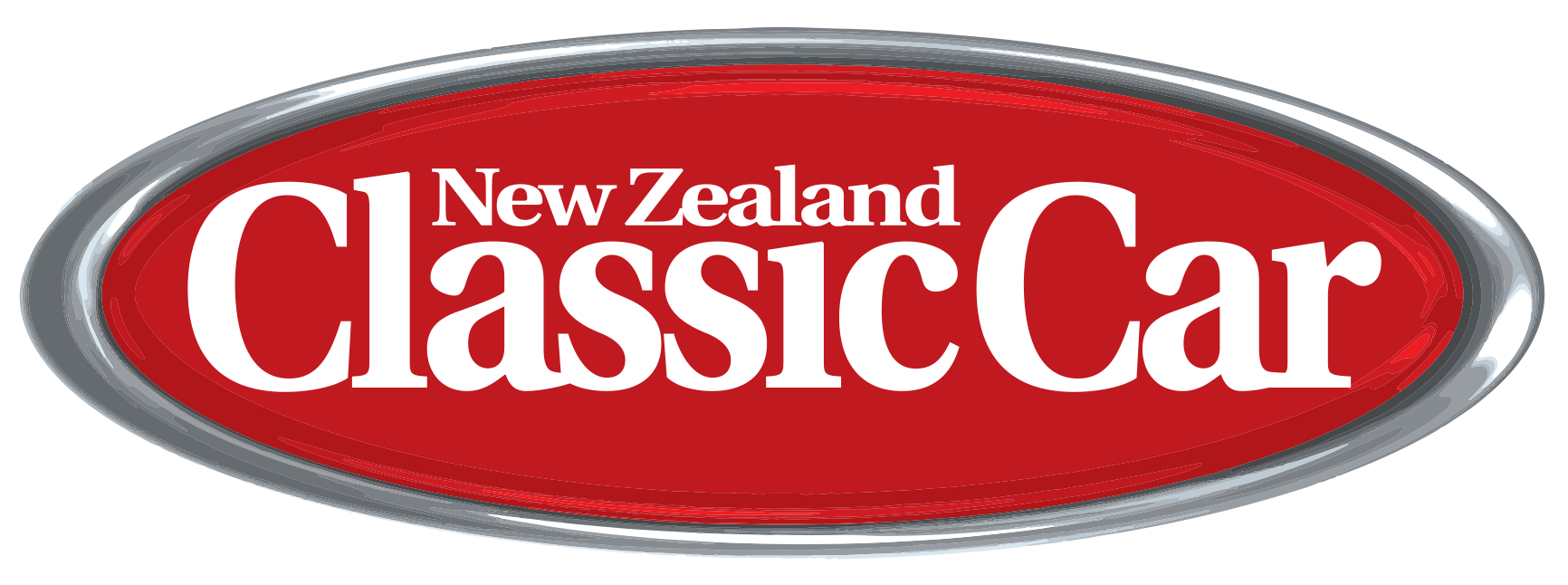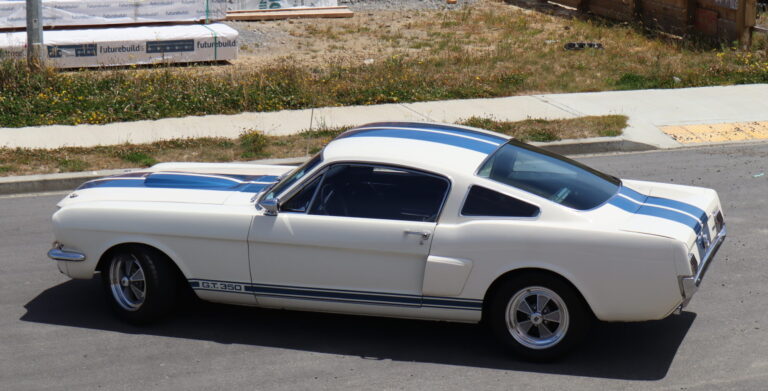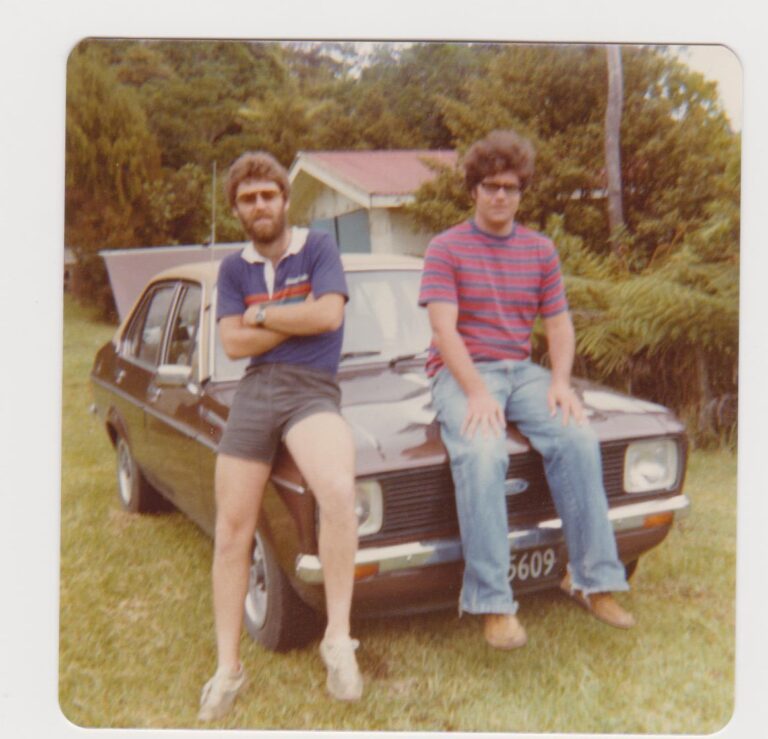data-animation-override>
“Published in NZV8 Issue No. 95”

That’s mental”, “Check out the size of the turbo”, “That’d be a handful”, “Wonder what it’ll run down the strip” are just a few of the comments heard at the unveiling of Robert Morrow’s HSV Clubsport R8 at the recent Jenners Hall of Fame (held at the 4&Rotary Nationals) where it rightfully took out an award for best driveline.
While from the outside the car looks pretty much as per any other first-generation VE R8 out there, it’s what sits under the hood that makes this car something special. And by special, we mean it’s most likely sitting within the top 10 most powerful street cars in the country — ever.
Do the maths on that for a second. It’s not old enough to have lost that new car smell yet, has never been on a drag strip, hell, it doesn’t even have a roll cage, and in stock form would still set you back about $40k. And now it’s making 824hp at the wheels, and just to add insult to everything else out there, that’s on low boost without nitrous.
Unlike most other big-power cars on the street, it didn’t gradually evolve into what it has become either. It was bought with the sole intention of becoming the most powerful late-model vehicle around — a goal that it has easily achieved.
But why would you do it Well, the owner’s son, Chris Morrow, is a mechanic by trade and has built many high-performance turbo vehicles over the years, and has recently started his own business, Bling Spec Automotive. The whole aim of the business is to build custom high-performance cars like this, so the opportunity was golden. Chris was after something to showcase what he could do, and due to the family connection was willing to donate his labour to the build free of charge. Never again would an opportunity like this come up for either party, where one saves probably the initial purchase price of the vehicle on labour, and one gets to attach their name to the craziest car around, in pretty much the perfect marketing exercise.
With this plan in place, the car was purchased in 2011, and straight away put on the dyno at Te Rapa Automotive, where Chris was working at the time. It spun 253kW at the tyres, which factoring in drivetrain losses, is about right for the 307 flywheel kW the cars were sold with.
With the initial figure sorted, the car was stripped of the stock exhaust system and dropped to Sinco Customs, where the custom turbo manifolds and exhaust would be created. Once these were sorted it was back home to Bling Spec where the rest of the work was undertaken.

While plenty of parts were being freighted from around the country and the globe, Chris pulled the motor down and dropped the bare block off to Franklin Engineering for machining. With the bore size increased, Chris set about filling the engine with a Callies Compstar stroker crank, Callies Compstar H-beam rods and billet CP Pistons, to give an increased displacement of 6.4 litres. Knowing it needed to be built to last, the list of high-end components used is huge, and the list of stock parts remaining is a very short one. Included in the new bits were NPR rings, Clevite race bearings, ARP fasteners and CNC Trick Flow billet heads. Rated at flowing 225cc, the heads have been fitted with Yella Terra Ultralite roller rockers, Manton pushrods, and large valves. A Comp Cams roller cam was fitted to the block and a set of GM Performance LS9 head gaskets join the whole lot together.
With the bare block assembled, it was fitted into the car for the rest of the work to continue between work commitments. Over the next six months, Chris ordered, fitted and created all the ancillaries required, such as the Precision T88 turbo, monster intercooler with four-inch fittings and the intercooler piping to join the lot up.
With the massive flow rates the T88 turbo offers, creating a fuel system capable of keeping up with its demands was crucial. For this Chris opted to run an ASE in-tank twin fuel pump unit to move fuel into a boot-mounted surge tank. From here three Bosch Motorsport 044 pumps send fuel through a Dash-10 line to an SX Ultra fuel regulator, where the lines split into two Dash-8s that feed FAST billet fuel rails. Fitted to these oversize rails are Injector Dynamics 850cc injectors, which work from instructions sent by the factory (retuned) ECU to fire it all into life.
Besides an unquenchable demand for fuel, the other problem of a big turbo set-up is the risk of the boost blowing the spark out. Chris has been impressed with the stock GM coils though, which in conjunction with NGK plugs and Top Gun leads haven’t had a problem so far.

What may soon test them, though, is the Nitrous Express nitrous system, which as yet hasn’t been used. The twin boot-mounted bottles feed into a plate fitted between the 102mm billet throttle body and FAST intake manifold, and have the potential to up rear-wheel power by another 100-or-so ponies. Even as is though, when the team from ProTune had the car on the dyno for tuning, it just turned the tyres to smoke at every press of the throttle. Due to the large size of the turbo peak power and torque are quite high in the rev range, with a maximum torque figure of 1555ftlb at 5000rpm.
With the decision made early on in the build to not opt for a cast-iron block, the reality is that trying to do something like a land-speed run, where the car is under full power for a long period of time, would most likely result in a cracked block. But, with the alloy block, the car doesn’t end up as front heavy as it would have if the iron block had been chosen, especially when you factor in the weight of the turbo and associated componentry. And for what Robert (and Chris) were after, the alloy block should hopefully last the distance.
The factory Tremec six-speed gearbox should, all going well, also hold the power, as should the stock diff, thanks to the Harrop Truetrac diff centre that has been fitted. The only other change to the driveline has been the installation of a custom Auto Clutch single-plate clutch and steel flywheel.
The only real giveaways from the exterior of the car are the intercooler which hides behind the stock grille, the sticker on the window and the custom badge on the back. The highest number ever fitted to the rear of an R8 from the factory is 325kW, while this weapon boasts more than double that, proudly displaying 777kW.

So if you ever find yourself at the lights next to a black HSV that sounds a little different from normal, it may pay to check its rear before you get made to look like a fool. As, by our estimates, this really is one of the fastest street cars the country has ever seen, and no one wants to find out the hard way just how slow it can make anything else on the road look.
Of course, Chris would be happy to build any paying customers a car that could do exactly the same thing, so if you’re in the market for something equally as absurd, make sure to give him a call, just don’t expect the family discount rates to apply.
Specs
Engine: 6.4-litre stroked LS2, Callies Compstar stroker crank, Callies Compstar H-beam rods, billet CP Pistons, NPR rings, Clevite race bearings, ARP fasteners, full CNC Trick Flow 225cc heads, Yella Terra Ultralite roller rockers, Manton 1132 pushrods, Comp Cams roller cam, GM LS9 head gaskets, ARP head studs, FAST LSXR 102mm intake manifold, billet 102mm electronic throttle body, custom intercooler piping, Samco hoses, Precision T88 turbo, Turbosmart 50mm Power-Gate wastegate, TiAL blow-off valve, custom 600x300x110mm intercooler with four-inch inlets, Nitrous Express 102mm plate system, Twin Nitrous Express bottles, ASE in-tank twin fuel pump unit, custom surge tank, 3x Bosch Motorsport 044 pumps, SX Ultra fuel regulator, Injector Dynamics 850cc injectors, dash-10 fuel line, FAST billet fuel rails, stock GM coils, Top Gun leads, NGK plugs, MSD two-step launch controller, custom turbo manifold, three-and-a-half-inch exhaust splitting into twin three-inch, Borla mufflers, custom radiator overflow tank, custom washer reservoir, custom breather tank
Driveline: Tremec TKO 6060 manual gearbox, Auto Clutch single-plate clutch, custom steel flywheel, remote clutch bleeder, braided high-flow feed line, Harrop Truetrac diff centre
Suspension: HSD adjustable coilovers, Whiteline heavy-duty front and rear sway bars, Whiteline front adjustable sway bar links, Nolathane rear subframe bushes, Nolathane diff mount bushes, Whiteline strut brace
Brakes: Stock HSV
Wheels/Tyres: 20×8.5 and 20×9.5-inch Advanti Monza wheels, 23535R20 and 27530R20 tyres
Vehicle exterior: Custom fibreglass bonnet
Interior: Twin Scan gauges, custom five-gauge holder
Performance: 824hp at the wheels (615kW), 1042hp at the flywheel (777kW) without nitrous

Driver profile
Robert Morrow
Age: 49
Occupation: Self-employed
Previously owned cars: VE GTS Commodore, numerous other Holdens
Dream car: Latest-model Corvette
Why the HSV? Bought to build a fast street car that was late-model
Build time: One-and-a-half years on and off
Length of ownership: Two years
Robert thanks: My son Chris Morrow aka Bling from Bling Spec Automotive for the complete car build, my wife Sue and my twin newborn kids, Julie from Counties Auto Painters, Wayne and Dean from ProTune, Mike from Sinco Customs, NZ Performance, Ian from Franklin Engineering, Tim from Pro Coat, Alert Motorsport, Steelie Gears, Webster Engineering, Auto Clutch, John, Mark and any one else who has helped out. Chris would also like to say a big thank you to his fiancé Antonia for all her help and support
Words: Todd Wylie
Photos: Adam Croy


